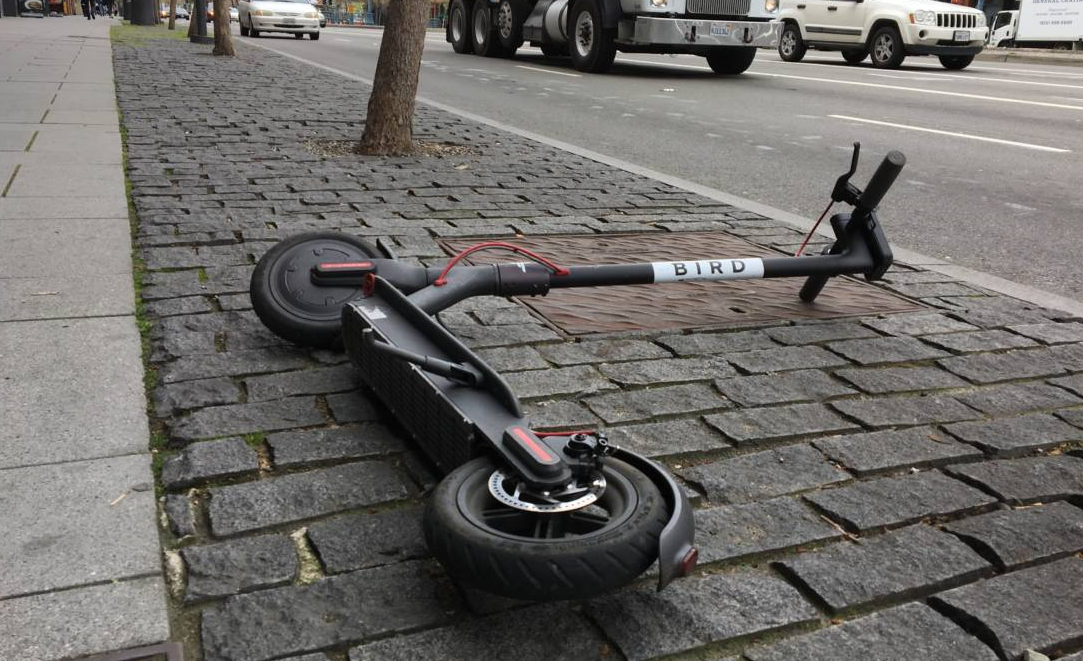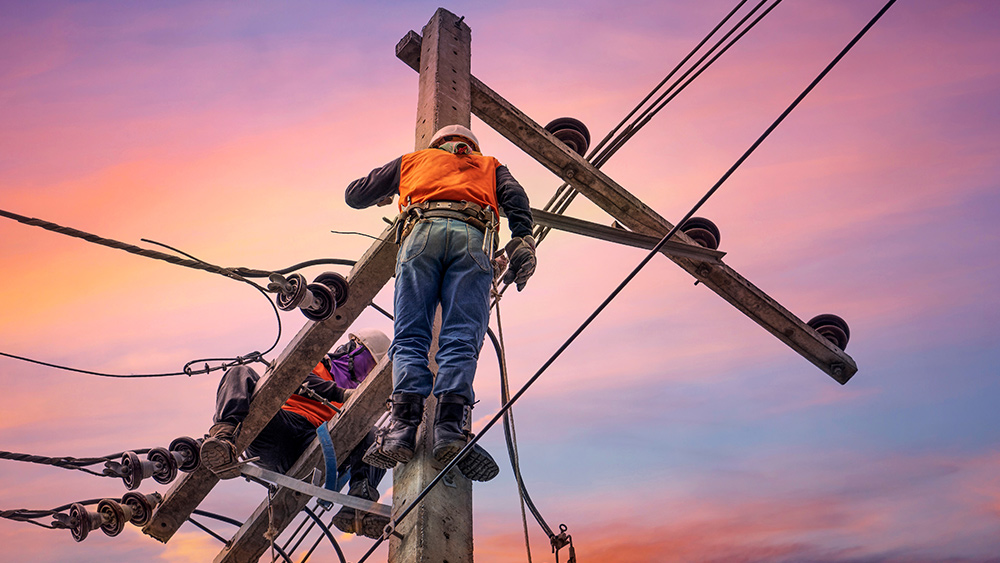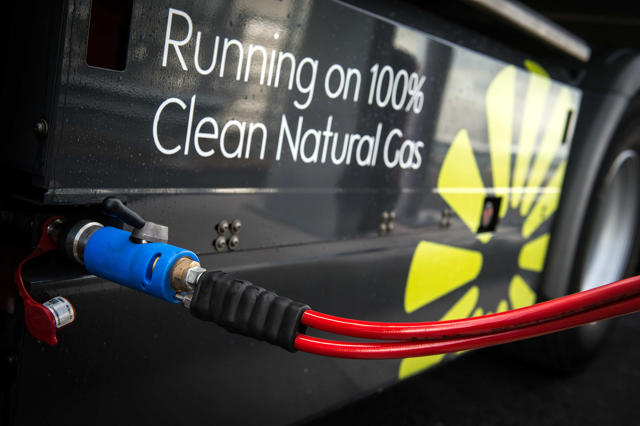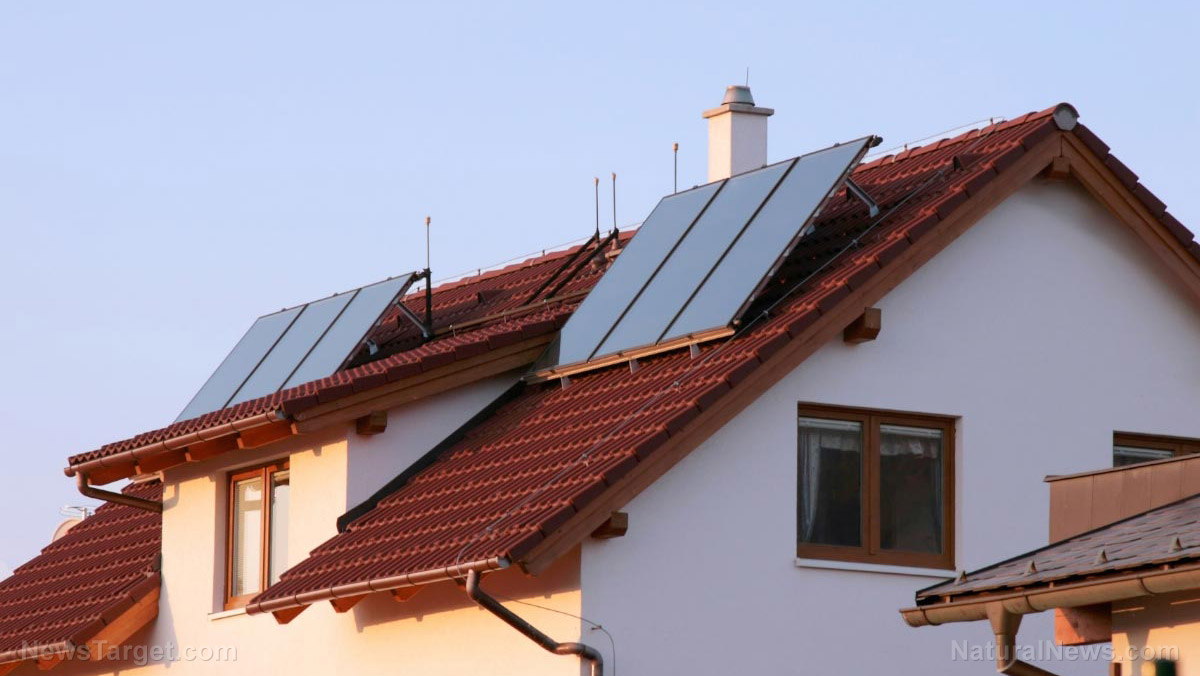Apartment owners in Australia propose NEW RULES for storing electric bikes and scooters following wave of BATTERY FIRES
02/20/2024 / By Laura Harris

Australians who live in apartment units may soon face restrictions on storing cheap, imported or damaged mobility devices powered by batteries – thanks to new rules proposed by the Owners Corporation Network (OCN).
The OCN – which unites owners’ corporations for apartments in the Land Down Under – analyzed recent cases of lithium-ion battery fires caused by electric scooters, bicycles and skateboards. It found that cheap and damaged mobility devices from disreputable manufacturers are to blame.
Emma Sutcliffe, CEO of battery fire research company EV Fire Safe, backed OCN’s findings. According to her, personal mobility devices with lithium batteries commonly have quality issues, especially when misused. (Related: Lithium-ion batteries of e-bikes and e-scooters are causing hundreds of fires in New York and San Francisco.)
“In Australia, we’re seeing at least one e-bike or e-scooter catching fire each week. There’s no training for people to repair or maintain these,” Sutcliffe said. “They take an enormous amount of wear and tear in daily use, and then people bring them inside their homes to charge them up, which is where we see issues.”
Given this finding, the OCN proposed new by-laws and a “code of conduct” to address safety concerns related to battery-powered mobility devices. It introduced several proposed by-laws to regulate the use and storage of battery-powered mobility devices within apartment buildings during a Feb. 15 seminar.
OCN Chairman Fred Tuckwell clarified that the motive behind the proposal is not to seek a total ban on e-scooters or e-bikes. Rather, it seeks to focus on products belonging to a high-risk category, such as damaged or non-compliant devices.
“It does not seek to ban e-bikes or e-scooters, apart from those that are non-compliant,” he explained. “If somebody that does something that causes a fire in a building, that’s not just their home that’s going to be affected. It’s everybody’s home, so it is entirely legitimate for the owners’ corporation to be regulating something if it represents a real risk to other parts of the building.”
Insurance companies warn about the consequences of cheap and damaged battery-powered mobility devices
David Ellis, the technical director at Strata Community Insurance, warned the public that insurance prices might go up if owners of strata properties don’t address the risk associated with electronic bikes and scooters.
Meanwhile, Australian insurer Allianz reported a staggering 440 percent surge in claims related to lithium-ion battery fires over the past three years. The insurance company pointed out that the associated costs of these claims skyrocketed by 900 percent from 2020 to 2023. According to the firm, the substantial rise in insurance submissions is attributed to an increase in high-value commercial property claims.
Aside from the proposals, Allianz has provided key indicators of a potential “battery thermal runaway” that may precede a fire. These signs include unusual sounds such as bubbling, popping or hissing, produced as battery cells react to heat. Additionally, individuals may detect a sickly sweet cherry smell emitted from toxic gases or witness off-gassing, where toxic gases vent from the cells and form large, flammable vapor clouds.
In November 2023, NSW Fair Trading conducted 166 inspections of retailers selling lithium-ion battery devices. Of these inspections, the organization found 30 models to be non-compliant and promptly removed them from sale.
Anoulack Chanthivong, minister for better regulation and fair trading, issued a reminder to consumers a the time: “I’m reminding buyers to store batteries safely and if they have concerns they should reach out to the manufacturer or NSW Fair Trading.”
Visit RoboCars.news to learn more about the dangers of electric vehicles.
Watch this video that explains how lithium-ion batteries in electric vehicles catch fire.
This video is from The Old Folk Show channel on Brighteon.com.
More related stories:
Electric cars in Florida catching fire after Hurricane Ian.
Sources include:
Submit a correction >>
Tagged Under:
apartments, Australia, battery fires, battery-powered, dangerous, electric bikes, electric scooters, electric skateboards, energy supply, fuel supply, future tech, glitch, green living, Green New Deal, guidelines, inventions, lithium ion batteries, mobility devices, new rules, Owners Corporation Network, power, products, transportation
This article may contain statements that reflect the opinion of the author
RECENT NEWS & ARTICLES
COPYRIGHT © 2022 EnergySupply.news
All content posted on this site is protected under Free Speech. EnergySupply.news is not responsible for content written by contributing authors. The information on this site is provided for educational and entertainment purposes only. It is not intended as a substitute for professional advice of any kind. EnergySupply.news assumes no responsibility for the use or misuse of this material. All trademarks, registered trademarks and service marks mentioned on this site are the property of their respective owners.



















